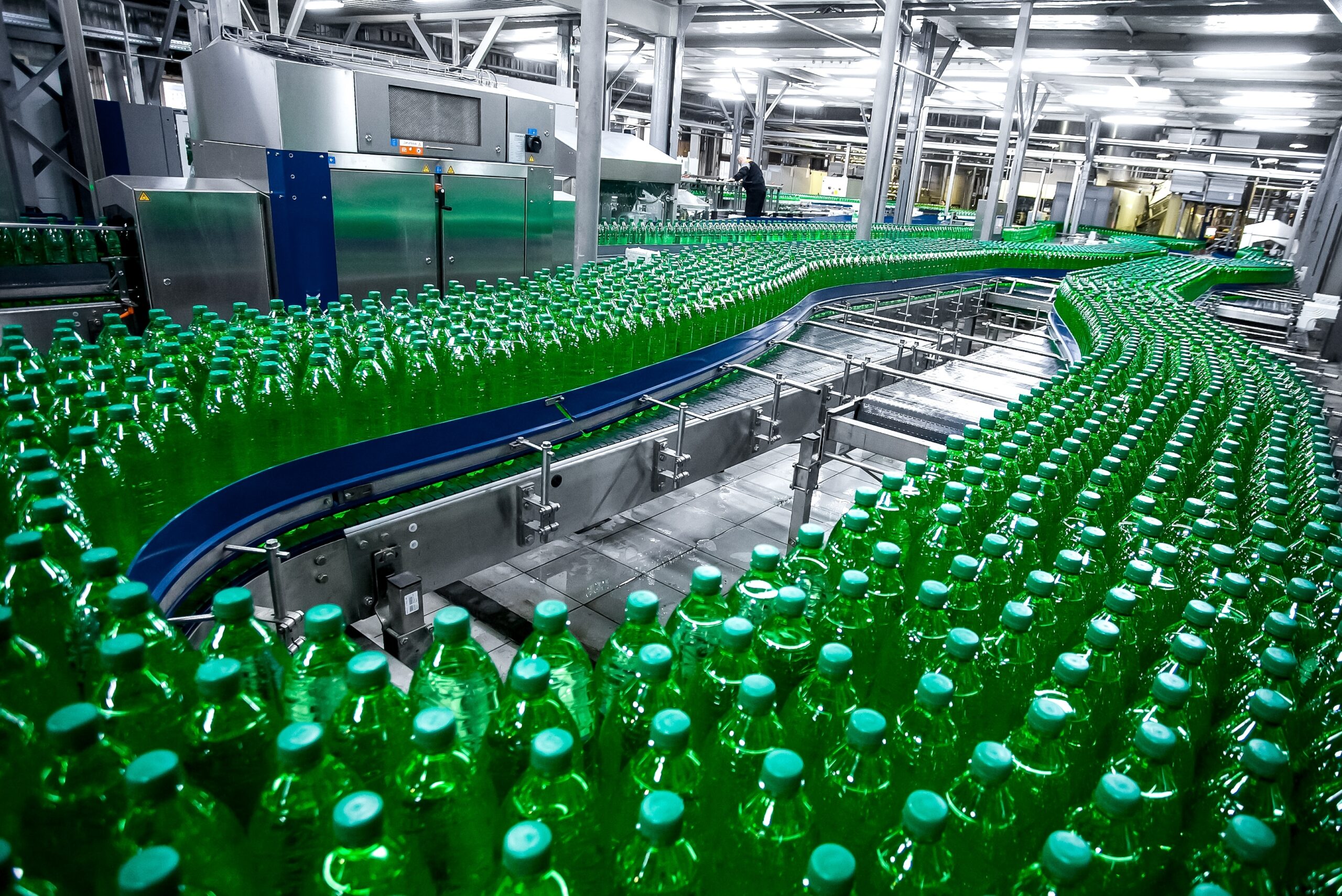Using the Law to Challenge Big Plastic
Bioneers | Published: November 19, 2025 Eco-NomicsJustice Article
Written by Scott Hochberg, General Counsel and Litigation Director at Earth Island Institute
Plastic pollution is one of the most pressing environmental crises of our time, with devastating consequences for ecosystems, wildlife, and human health, which are only getting worse. Rivers, oceans, and beaches all over the world are mired in unrelenting plastic trash, as the equivalent of 2,000 garbage trucks enters the Earth’s waterways every day. New research verifies that the amount of plastic needed to kill seabirds, turtles, and marine mammals is surprisingly small. And scientists have discovered that microplastics — nearly ubiquitous in soil and water — have been found in human blood, brains, and placentas, and are increasingly linked to serious health consequences. The climate implications of these trends are staggering, as 99% of plastics are made from fossil fuels. Disturbingly, plastic production is set to quadruple by 2050.
Despite growing awareness around the havoc that plastic is wreaking, corporate accountability remains elusive. One reason is that the plastic supply chain is long: It runs from the fossil fuel companies that extract raw materials and chemical processors to consumer-facing companies that package products and, ultimately, to the waste management and recycling facilities that handle plastic’s afterlife. This diverse chain of actors makes it difficult to tackle the problem head-on.
In addition, the biggest corporations have been running a decades-long campaign to manufacture and market single-use plastic products. These same companies have championed recycling, despite the fact that less than 10 percent of plastics are recycled globally, even if they are placed in the correct bins. The amount that is turned into new products is even lower. Simply put, recycling is a fantasy used to justify the production and consumption of ever more plastic. Most of it gets burned or landfilled, or escapes as litter.
Given this dire situation, the law has an important role to play in holding the plastic industry accountable. Litigation, when tied to effective social movements and advocacy, has the power to stop companies from making misleading and deceptive statements about the sustainability and recyclability of their products. In addition, lawsuits can highlight the extent of the plastic crisis and the lengths to which companies will go to avoid taking responsibility. Earth Island Institute, in partnership with Plastic Pollution Coalition, has drawn on these legal tools and is starting to see the fruits of a multi-year, multi-lawsuit campaign to hold Big Plastic accountable.
Stopping Greenwashing in the Plastic Water Bottle Industry
The plastic water bottle industry is particularly misleading when it comes to claims about its products. In 2021, Earth Island Institute filed a lawsuit against the Coca-Cola Company for its false portrayal of itself as a sustainable company when, in reality, it generates more plastic pollution than any other corporation in the world. The lawsuit relies on the District of Columbia’s Consumer Protection Procedures Act (CPPA), a law that prohibits a wide variety of deceptive business practices. If successful, the case would prevent Coca-Cola from falsely advertising its business as sustainable, and would hopefully caution other companies to avoid making similar claims. In 2024, a DC appeals court found that Earth Island Institute sufficiently pled that Coca-Cola’s claims are in violation of the CPPA, which allowed the case to proceed. Importantly, the court’s ruling expanded the ability of nonprofits to challenge similar claims going forward.
Since then, Earth Island has confronted similar deceptive marketing practices by Aquafina, Evian, Fiji, Core Hydration, and Just Water. We aim to hold each of these brands (and their parent companies) accountable for the climate, health, and environmental harms that millions of disposable bottles are causing each year.
Challenging Big Plastic
In addition to greenwashing, plastic producers have contributed to the plastic crisis by enticing consumers to buy their products while knowing that recycling facilities cannot handle the millions of tons of plastic products they produce.
In 2020, Earth Island filed the first major lawsuit of its kind against Crystal Geyser, Clorox, Coca-Cola, PepsiCo, Nestlé USA, Mars, Danone, Mondeléz International, Colgate-Palmolive, and Procter & Gamble for polluting California waterways, coasts, and oceans with millions of tons of plastic packaging. The case asserted that these companies promote their products as recyclable when many are non-recyclable and when the current system is not set up to handle the volume of plastic they produce, which ends up as litter or landfill waste. California alone spends an estimated $428 million per year to clean up this pollution. Similar to landmark lawsuits against lead paint companies and opioid manufacturers, this suit argues that plastic companies are responsible for creating a “public nuisance,” and that they should have to pay to clean it up.
The case is scheduled for trial in 2026, but it’s already sending ripples across the country. The State of California filed a similar suit against ExxonMobil last year, and other lawsuits have been launched in New York and Los Angeles County, with more likely to come.
A New Wave of Creative Litigation
To tackle the ever-deepening plastic nuisance, we need a multi-lawsuit strategy that uses novel legal theories to hold corporations accountable for their plastic harms. In addition to our foundational environmental laws that protect clean air and water and regulate toxic chemicals, there are other creative legal avenues to challenge the plastic industry, such as tort law and consumer protection law. The lawsuits described above are using these alternate pathways to seek justice.
This is an urgent moment to act, as the plastics crisis is getting worse, not better. These lawsuits have survived multiple efforts to quash them, signaling early success and validating their legal strategies. Earth Island will continue to use all legal tools available to hold this industry accountable.
Join us in this fight. Together, we are turning the tide against plastic pollution.
To follow our work, visit the Earth Island Advocates webpage and subscribe to Earth Island Journal, which covers news from our court cases.
